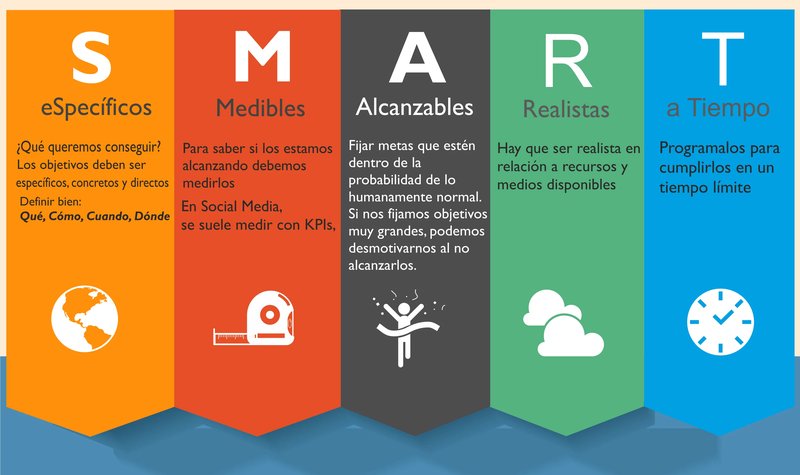
Imagine, for a moment, a little squirrel darting through the grass. They seem a bit chaotic, but there’s a method to their madness. Xerus are not just mindless foragers; they have a social life, a unique way of communicating, and a survival strategy that requires some serious brainpower. So, how do these small mammals stack up in the intelligence department? Let’s dive deeper into their behaviors and abilities to get a clearer picture.
The Social Structure of Xerus
Xerus are social animals and often live in groups that can range from a few individuals to dozens. This social structure plays a crucial role in their cognitive abilities. Living in groups allows them to communicate effectively, share resources, and protect each other from predators. Think of it like a small community where everyone has a role to play.
In these groups, you might notice interesting behaviors. For instance, when one xerus spots danger, it lets out a warning call, and the others quickly take cover. This kind of communication shows not only awareness of their environment but also the ability to understand and relay complex information. They rely on these social connections to enhance their survival chances, which speaks volumes about their intelligence.
Moreover, because they live in social groups, they also exhibit behaviors that suggest they can recognize individual faces. This means they can remember which xerus is a friend or a foe. It’s like having a small neighborhood where everyone knows each other, which is essential for fostering relationships and building a social network.
Problem-Solving Skills and Tool Use
One of the most intriguing aspects of xerus intelligence is their problem-solving skills. While they may not use tools like some other animals, they are excellent at finding creative ways to overcome obstacles. For instance, if a xerus encounters a barrier in its path, it often employs a series of strategies to figure out how to get to its goal—whether that’s food or a safe burrow.
These savvy little animals have been observed using their agility to navigate around obstacles. They can climb or dig their way through tough situations. This type of problem-solving requires a fair amount of cognitive processing, showing they can think critically about their environment. It’s like when you’re trying to reach that last cookie on the top shelf; sometimes, you have to get a little creative!
Xerus also demonstrate an understanding of cause and effect. For example, if they see another xerus digging in a particular spot and finding food, they may return to that spot later, knowing it could lead to a meal. This ability to learn from observation is a hallmark of intelligence in many species.
Learning and Memory in Xerus
Let’s talk about memory, which is another indicator of intelligence. Xerus have strong memories that help them survive in the wild. They remember where they stash food for later use, and they can navigate their territory without getting lost. Imagine walking through your neighborhood without a map; that’s what a xerus does every day!
Research has shown that they can retain this information for extended periods. They can recall locations of food caches and even remember the safest routes to avoid predators. This memory is crucial, especially in the harsh climates where they live, where food can be scarce, and threats are around every corner.
Their ability to learn also extends to social interactions. Young xerus learn vital survival skills from observing adults in their group. This teaching method is similar to how human children learn from their parents. It’s not just instinct; it’s a learned behavior that enhances their survival odds.
Communication and Vocalization
Xerus are quite vocal, and their range of calls suggests a sophisticated communication system. They use different sounds to convey various messages, like warning others of danger or signaling distress. Each sound has a purpose, much like how we use language to express our thoughts and feelings.
When they spot a predator, for instance, they emit a specific alarm call that alerts the entire group to take cover. It’s fascinating to think that they can communicate such critical information in a matter of seconds, showing a level of awareness about their surroundings that many animals might not have.
This vocal behavior indicates that they not only understand their own needs but also those of their fellow group members. They have social signals, just like humans do when we talk or use body language. This ability to communicate effectively contributes to their overall survival and showcases their cognitive capabilities.
Adaptability in Changing Environments
Another impressive trait of xerus is their adaptability. They can thrive in different habitats, from savannas to arid regions. When the environment changes, they adjust their behaviors accordingly. This adaptability requires a certain level of intelligence, as they must assess new situations and determine the best course of action.
For example, during periods of food scarcity, they may switch from their usual diet to consume different types of available vegetation or insects. This flexibility illustrates their cognitive ability to analyze their surroundings and make decisions that promote survival.
Moreover, they are known to alter their burrow systems based on environmental changes. If a particular area becomes too dry or too dangerous, they will dig new tunnels and create safe spaces. This kind of proactive thinking reflects a deeper level of intelligence and planning.
So, just how smart is a xerus? From their complex social structures to their impressive problem-solving skills and adaptability, these little creatures display remarkable cognitive abilities. They navigate their environments with an ease that suggests not only survival instincts but also thoughtful decision-making and social intelligence.
Next time you watch a xerus scurry about, remember that there’s more than meets the eye. These small mammals are just as capable of navigating their world as other more renowned intelligent animals. Their behaviors and abilities serve as a reminder of the diverse forms of intelligence that exist in the animal kingdom. Embracing the richness of nature often reveals surprises, and in the case of the xerus, it’s a testament to the cleverness of these lively ground squirrels.

